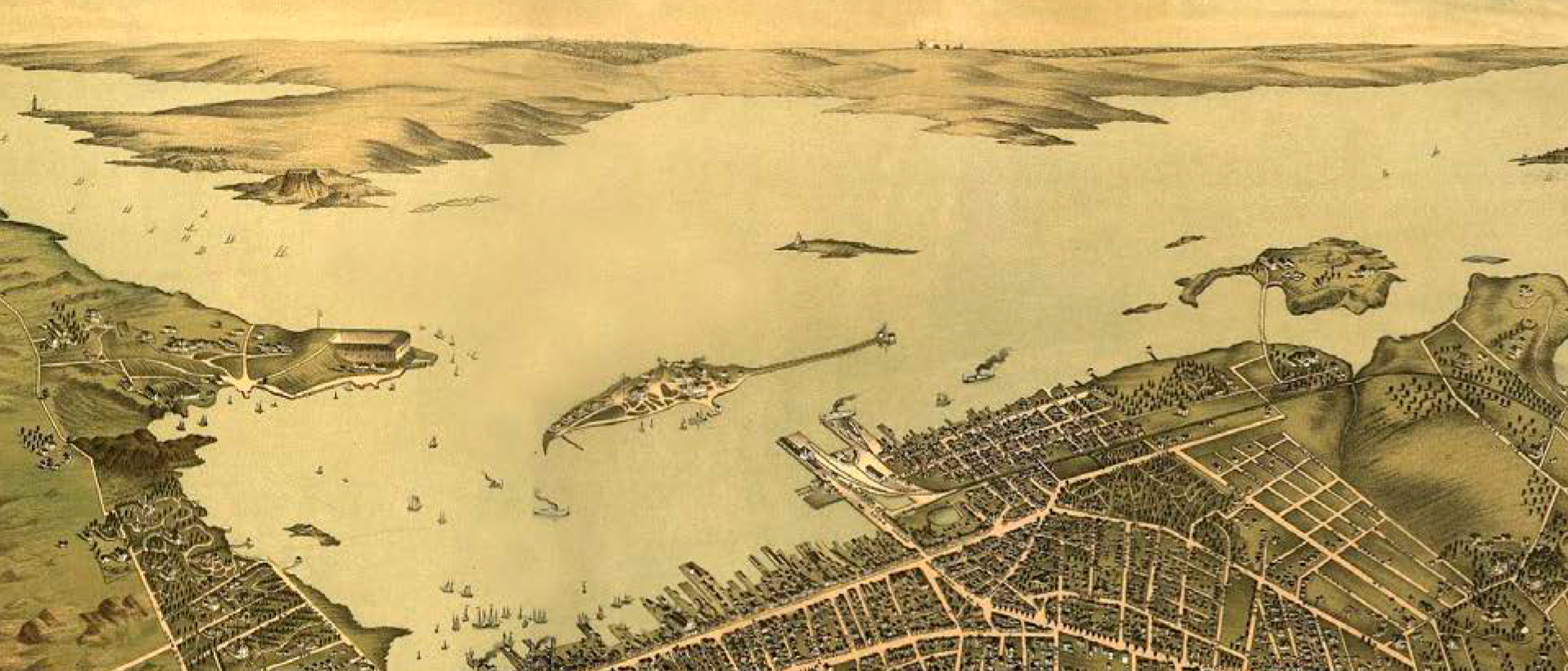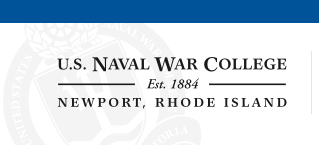
Newport Papers
Newport Papers are extended research projects that the Director, the Dean of Naval Warfare Studies, and the President of the Naval War College consider to be of particular interest to policy makers, scholars, and analysts. These book-length monographs cover a variety of subjects, but ideally relate to contemporary operational or strategic concerns in the realm of maritime security. Printed copies of Newport Papers are distributed to a list of approximately 300 senior commanders and staff members.
-

Physics and Metaphysics of Deterrence
Myron A. Greenberg
The principal findings of this study are that Great Britain's search for an independent nuclear deterrent was waged with a purposeful dedication that wedded highly effective statecraft and brilliant, innovative nuclear engineering to produce a strategic nuclear deterrent that remained under her sovereign control. Because Britain's efforts in this area were so often achieved in the face of United States' opposition, Britain's subsequent utilization of her deterrent capability as an instrument to secure American support, notwithstanding that opposition, ought to be considered an example of successful policy management. The product of this effort has been the Anglo-American "special relation-ship" in nuclear weapons.
-

Mission in the East: The building of an Army in a Democracy in the new German States
Mark E. Victorson
At Midnight on 2 October 1990 the German Democratic Republic (GDR) ceased to exist. The following day the armed forces of the Federal Republic of Germany, the Bundeswehr, took control of the personnel, equipment, and installations of what had been the National People's Army (Nationale Volksarmee or NVA). By any reckoning this was a massive undertaking and one of great historical significance. It was massive because of the sheer amount of equipment, ammunition, and acreage for which the Bundeswehr found itself responsible in the new federal states, and it was historic because soldiers who had faced each other across a deep ideological divide for over thirty years would now be serving together.
-

Beyond Mahan: Proposal for U.S Naval Strategy in the 21st Century
Gary Anderson
The momentous events of 1989-1991 marked the end of the Soviet Union and, as a result, its threat to the interests of the free world. One of those free-world interests was—and is—the ability to use the planet's seas and oceans on all lawful occasions. Another is not to be threatened by hostile seaborne forces.
-

The Burden of Trafalgar: Decisive Battle and Naval Strategic Expectations on the Eve of the First World War
Jan S. Breemer
On the afternoon of 31 May 1916, the British grand fleet and the German High Sea Fleet met in the only massed battle fleet action of the First World War. After a series of exchanges that lasted some twelve hours, both sides, in what became known as the Battle of Jutland, broke off battle and failed to engage each other again. The German decision was prompted by the unexpected appearance of the Grand Fleet's superior number of battleships; Admiral Sir John Jellicoe's decision not to pursue his fleeing opponent stemmed from his fear of running into a torpedo trap. Both sides claimed victory.
-

Global War Game
Bud Hay and Bob Gile
This report deals with practical issues and major themes as identified during the first Global War Game (GWG) Series. Its focus is on various general topics, specific force employment issues, and game histories. Because of the interplay among many themes and issues, some repetition is included to provide a more complete discussion.
-

Toward A Pax Universalis
Gary Anderson
The centerpiece of the new U.S. strategy for the "New World Order" is strategic reserve called the Crisis Response Force, designed to replace many aspects of our current forward defense. This study examines whether strong, standing strategic reserve is appropriate to the American situation in the coming decade; it proceeds by comparing the overall strategy with live historic case studies of systems that faced similar problems and opportunities. The historic models chosen are the Roman Empire (from the fall of Carthage to A.D. 69; from A.D. 69 to A.D. 306; and from A.D. 306 until the final collapse); the Byzantine Empire; and the British Empire from Waterloo • World War I. The study applies a set of seven criteria to each case and systematically examines the results to find pitfalls and mechanisms which lay have enduring relevance to a postulated future predicted by the 1991 Naval War College Global War Game. The study concludes that, as a possibly extended) transitional stage toward an ideal network of regional coalitions, the new national strategy is realistic and effective-except, significantly. in the Middle East where a "naval bridge" approach should have taken. This study was originally prepared as a report for the Strategy and campaign Department, Center for Naval Warfare Studies, Naval War College (Strategy and Campaign Report 12-91).
-

The "New" Law of the Sea and The Law of Armed Conflict at Sea
Horace B. Robertson Jr.
The 1982 United Nations Convention on the Law of the Sea establishes a regime for the oceans that includes a number of "zones" in addition to the traditional divisions of internal waters, territorial sea, and high seas. Although explicitly applicable only in peacetime, these new zones have a spillover effect on the law of naval warfare, particularly in the relationships between belligerents and neutral States.
-

"Are We Beasts?" Churchill and the Moral Question of World War II "Area Bombing"
Christopher C. Harmon
The historical reassessment of the World War II British bombing campaign notes that though in 1940 Churchill declared that he was waging "a military and not a civilian war" to destroy "military objectives" and not "women and children," within eighteen months types would be struck by Bomber Command. The author searches for the reasons in "three contiguous realms" of strategic influence: moral (and legal), political, and military. The study concludes that although for much of the war "area bombing" of cities was a "tragic necessity" meeting the "reasonable man's standard of what was decently allowable given the blunt weapons the Allies had" and the evils faced, nonetheless Allied leaders could have and should have abandoned indiscriminate bombing in the last phases of the conflict, when more precise means were at hand and "Nazi power had been overmatched."

